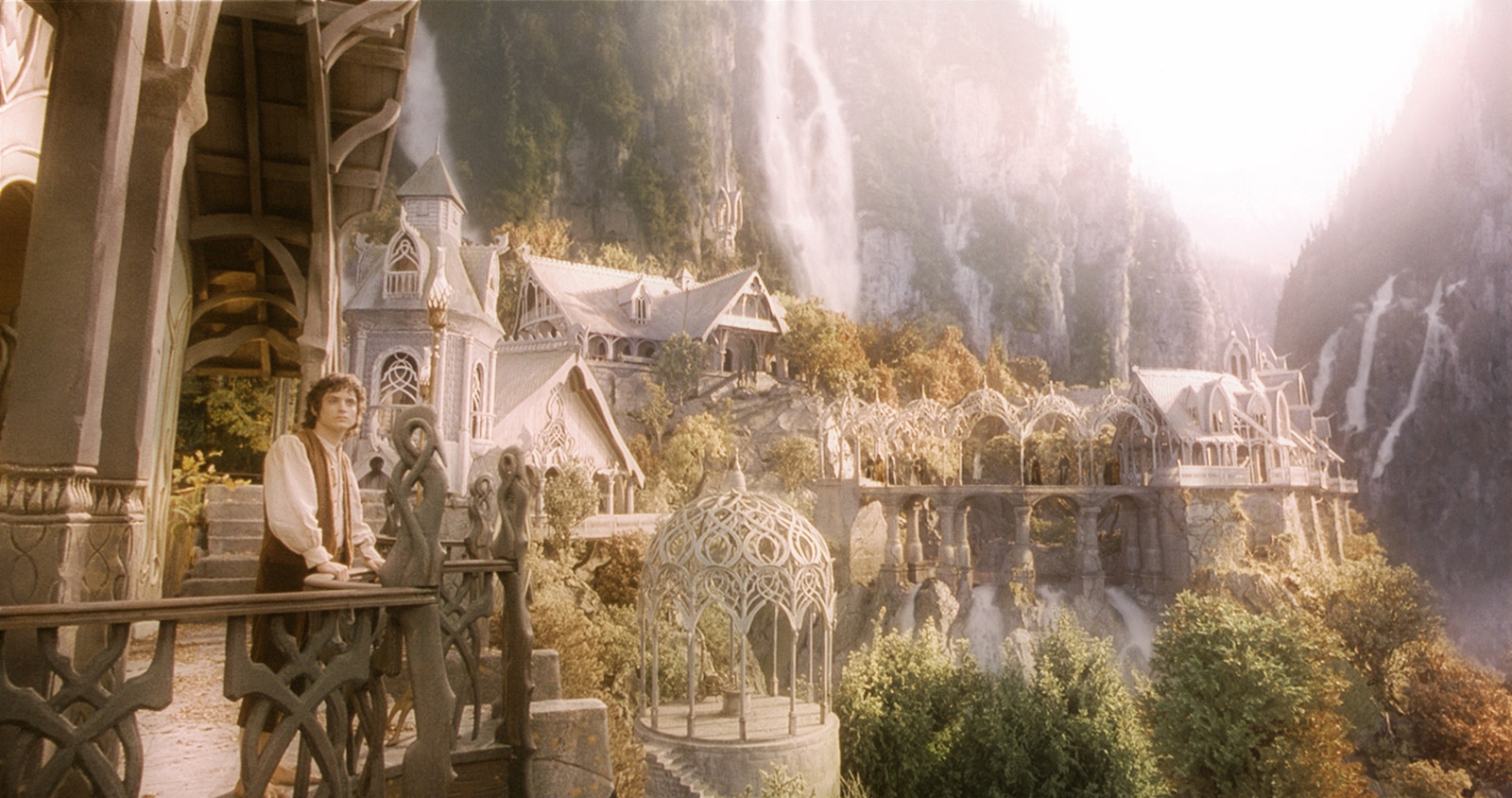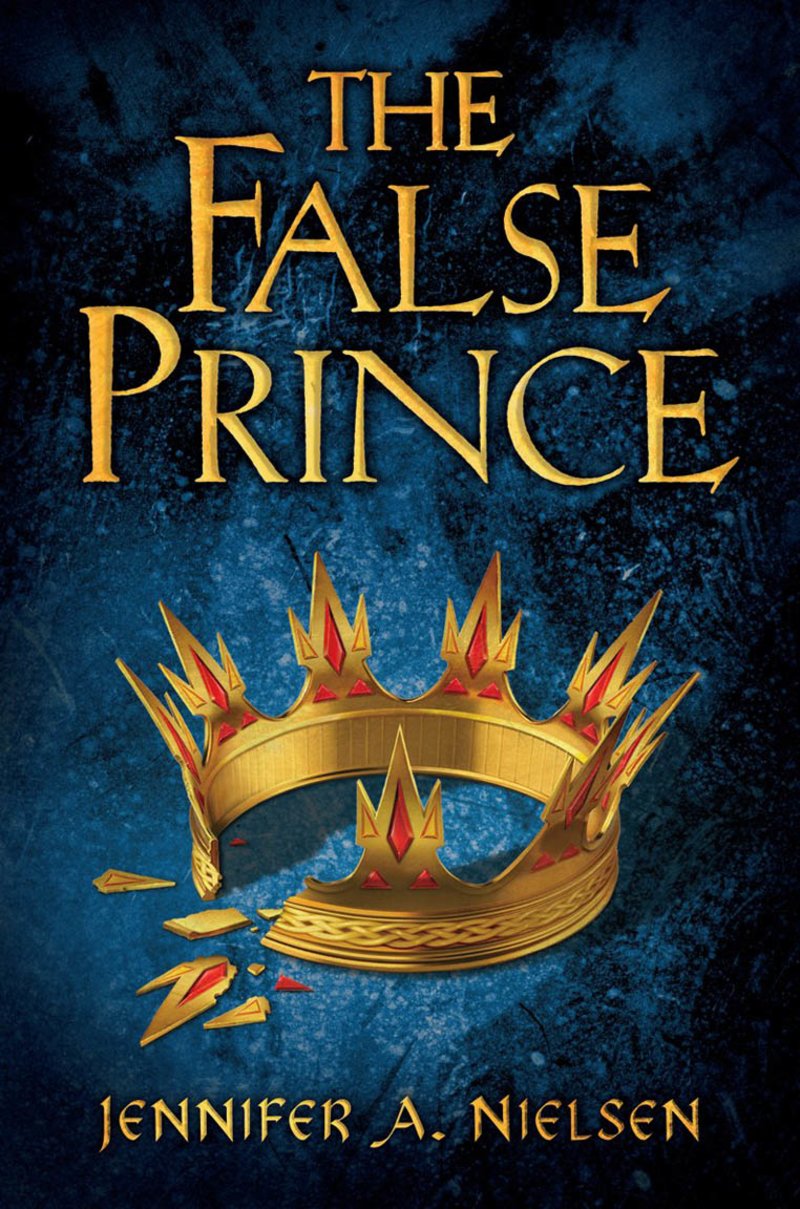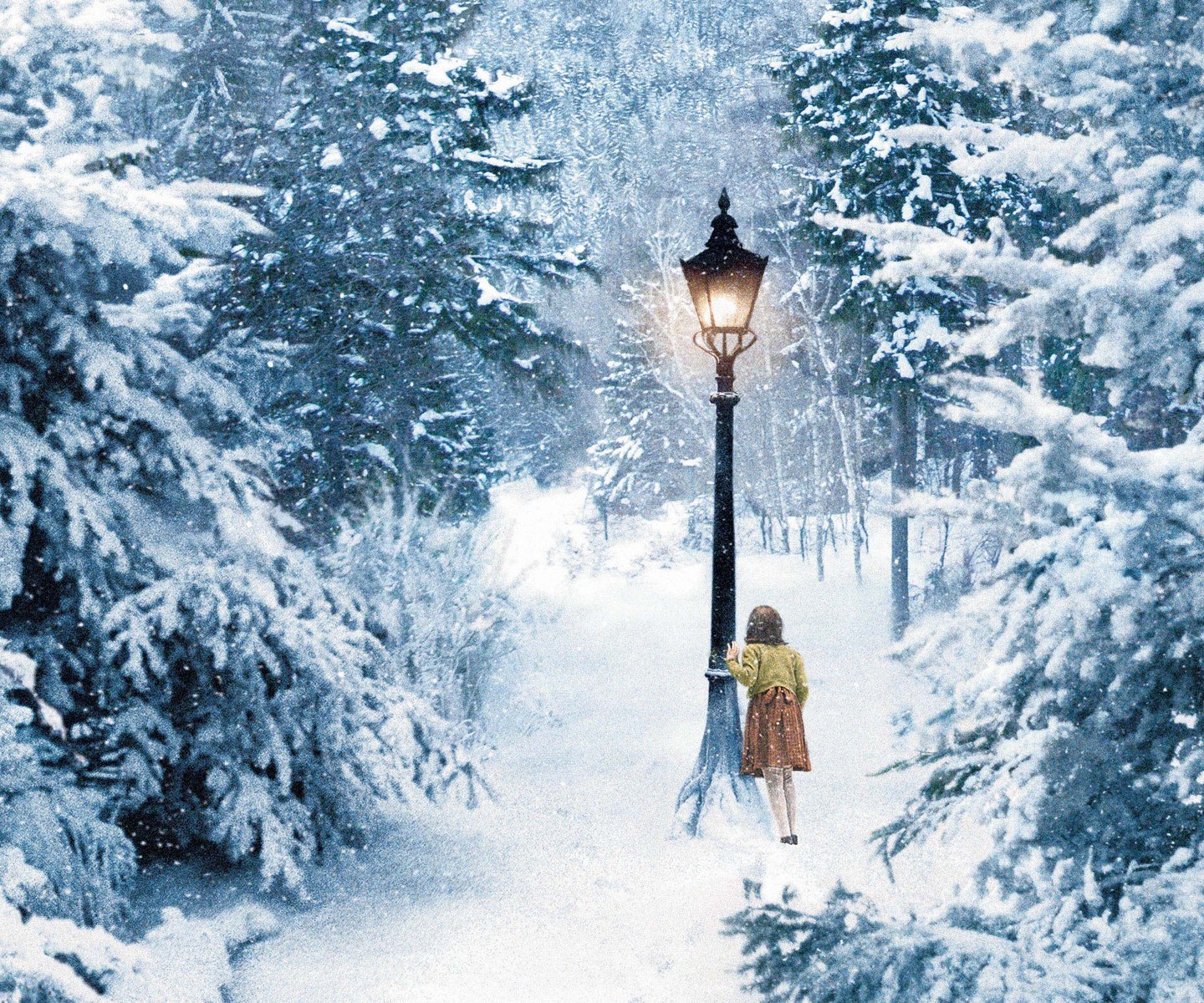It’s a sunny Saturday afternoon, and you’ve just brewed yourself a cup of Starbucks instant coffee. Today is the day that you finally get to start writing.
You plop down on the couch, flip open your laptop, and open up a fresh Word Doc.
After a quick pause to ponder what to name the document, you type in the creative title… First Draft.
So the time has finally come. Time to create a story that will change the world!
You stare at the blank screen. You continue to stare at the blank screen. You take a sip of coffee and stare at the blank screen. 10 minutes go by and you are… still staring at the black screen.
Then some not-so-pleasant questions start popping up in your head.
What in the world do I write?
Why is not a single idea coming to me?
Am I really just this uncreative?
How do other popular authors come up with story ideas?
I have asked myself these questions many times in the past. Today, I want to focus on the last.
“How do other popular authors come up with such great story ideas?”
What did they do to create such compelling and creative story ideas?
So I did a little digging, and by digging I mean Googling, and I found out 7 different ways some of the most popular authors have come up with the ideas for their most successful stories.
In this article I’m going to tell you about how 7 popular authors came up with the ideas for their successful novels, why their methods work, and how you can practically apply their methods!
Find the one that sticks out to you the most, try it out, and story ideas will come to you faster and easier than ever before.
1. Experience Many Different Genres of Storytelling
Suzanne Collins, author of the wildly popular YA novel The Hunger Games, came up with her story idea while flipping back and forth between reality TV and footage of the war in Iraq.
As she was flipping back and forth between the superficialness of reality TV and the horrific footage of war, they came together in her mind as a disturbing, but fascinating idea that later became The Hunger Games.
The two TV stations that Collins was watching are both forms of storytelling; two polar opposite types of storytelling.
By watching both, Collins came across a gripping story idea.
WHY THIS WORKS
Sometimes the reason why you can’t think of any creative story ideas is because your brain is stuck in only one or two genres. Whenever you try to think of a story idea, all that comes to your mind is all the tropes of the genre you most commonly read.
If you only read in one or two particular genres, then all your story ideas will be some variation of the stories in those genres.
But if you read and watch all different types of stories, then the story ideas you come up with are much more diverse and unique.
The more types of ideas you expose yourself to, the easier it is to come up with creative story ideas.
If Suzanne Collins only watched reality TV, then all her story ideas would probably be just contemporary novels or cheesy romance stories. And if Collins only watched war footage on the news, then all her story ideas would just be war novels - really depressing war novels at that.
But because she watched both, something completely new developed in her mind. Her novel idea was much more interesting.
HOW YOU CAN APPLY THIS
If you read lots of fantasy, try reading mystery; if you read dystopian, try reading a western; if you read sci-fi, try reading the classics.
You could also read books written in different languages (translated, of course, if you don’t know the language), or in a different style of writing like graphic novels, or screenwriting scripts.
The same goes for movies and TV shows. Try watching something completely different from what you are used to, and get your mind sparking with creativity.
So what story genre is out of your comfort zone?
Try picking up a few books in that genre next time you go to a library and dive right in.
Once you open your mind to many different types of storytelling, the scope and variety of your story ideas will expand tremendously.
2. Create a World
J.R.R Tolkien's stories began with the creation of Middle Earth.
Tolkien spent years crafting and developing languages. He also created watercolors inspired by locations that he had traveled to as a child or during WWI.
He created maps, creatures, history, culture, songs, poems, and deep lore.
After developing Middle Earth with such depth, all Tolkien needed next was a story! And so, all the tales of Middle Earth came into being.
WHY THIS WORKS
As you create your world, questions will pop up which will lead to story ideas.
What kind of world do you wish existed?
What does it look and feel like?
What kind of people live there?
Are there mythological creatures?
Is there magic?
What history does it have?
The possibilities of your world are endless. But even just fleshing a little bit out will cause many story ideas to start sparking in your head.
HOW YOU CAN APPLY THIS
If slamming your head on your keyboard isn’t working, then try to dream up a world instead.
Developing a captivating world might be a lot easier (and more fun), than thinking up a captivating premise.
As Tolkien showed us with the Lord of the Rings, creating a fascinating world is a great way to inspire story ideas.
3. Create a Compelling Character
Jennifer A. Nielsen, author of The Ascendance Trilogy, was inspired by a character to write the best-selling The False Prince.
While volunteering at a troubled youth wilderness program, Nielsen met an intriguing boy and decided to create a character based off of him.
As she crafted the character and kept adding more details, the boy became so captivating that she couldn’t not write a story about him!
As the character came alive, so did the story.
WHY THIS WORKS
Just as a compelling world can inspire stories, so can a compelling character.
When you create a character so complex, engrossing, and personal, they come to life and start to create a story of their own.
If you are somebody who loves to create fictional characters, then this is a perfect way to create new story ideas.
HOW YOU CAN APPLY THIS
Start crafting a character and get obsessed about them. What do they desire? What do they fear? What is their past? Whom do they love? What tragedy from their past haunts them to this day? What kind of life do they live? What are their strengths and flaws? What kind of troubles will befall this character?
There’s really no end to character development. The deeper you delve into your character, the more ideas will come to you.
And before you know it, you will have a story idea in front of you.
4. Let Yourself Be Bored
This might seem like a strange tip at first, but you’ll soon realize how vital boredom is to not just discovering good story ideas, but discovering good ideas in general.
In fact, if a certain person wasn’t bored, then one of the most popular book series of all time would have never been written.
Harry Potter was created because of a bored creator! While J.K. Rowling was delayed on a train from Manchester to London, she had nothing better to do than think of crazy fictional story ideas.
And thus the inkling of Harry Potter popped into her mind.
WHY THIS WORKS
Have you ever found that you’ve come up with the best ideas right before you go to bed. Or maybe while you were on a long car trip or plane ride? Well, there is a reason for that!
Too often life is so busy that your brain has little space to think of the real world, let alone a fictional world.
If you are constantly rushing from school to work to yo-yo club, then you never have time to just let yourself breathe and be imaginative.
When your brain has nothing urgent to think about, then it starts to think about more creative and abstract things to occupy itself.
Check out this awesome video about how boredom can lead to your most brilliant ideas!
HOW YOU CAN APPLY THIS
Give your mind some space.
Instead of filling your head with music, podcasts, social media, mobile games, etc., whenever there’s a lull in the day, just let yourself enjoy the silence and be alone with your thoughts.
What part of the day do you let yourself be bored? While peeling potatoes, waiting for the bus, taking a walk alone?
Stop avoiding boredom and give your brain some space to be creative!
And who knows, maybe in those boring 5 minutes of waiting for your ramen to cook you’ll think of the next Harry Potter.
5. Tell Someone a Story
For Rick Riordan, what started off as a simple bedtime story for his son, turned into the best-selling Percy Jackson and the Olympians series.
Riordan’s son loved Greek mythology, so Riordan read him Greek mythology every night. But once Riordan had run out of Greek myths, he had to start making up his own.
So that’s what Riordan did, but with a modern-day twist. And thus, Percy Jackson was born.
Little did he know that this bedtime story would become a New York Times bestseller with both film and TV show adaptations.
WHY THIS WORKS
Have you ever found it so easy to come up with stories while you and your friends are sitting around a campfire, but when you flip open your notebook to write, all your ideas disappear?
When you make up stories for your friends, it’s so much easier because you feed off of their reactions, energy, and feedback.
HOW YOU CAN APPLY THIS
Become a storyteller! Whenever there’s a group of people around, take that opportunity to strengthen your storytelling skills.
Start telling stories to any kids you know.
Kids love stories, and telling them stories is a great way to find creativity.
If you tell enough stories, eventually you’ll hit on some pretty cool ideas that have the potential of being turned into a novel.
Who are some people you know that love having stories told to them?
Creating great story ideas can be difficult on your own, but when you're around other people and their imaginations, story ideas come so much easier.
6. Base Your Story Off of Interesting Events in Your Life
During WWII many children had to evacuate from England’s major cities and travel to the countryside. Since C.S. Lewis didn’t have any children of his own, he decided to take in some of these children to stay at his house.
Lewis took in four children, two girls and two boys. One of the children was oddly fascinated with one of the wardrobes in Lewis’s house.
Thus sparked the idea for The Lion, The Witch, and the Wardrobe.
To entertain the children during their stay, Lewis told the children a story that was a fantasized version of their own lives, which eventually became the Chronicles of Narnia as we know it today.
WHY THIS WORKS
You don’t have to come up with a story out of thin air. Often the best stories are built off of actual events in life.
A strange event. A person in your life. Something funny someone said.
Any of these things can be the beginning of a story idea.
HOW YOU CAN APPLY THIS
There are endless amounts of story ideas that surround us each day. So keep your creative glasses on, and you’ll be surprised by how many you find.
Is there an interesting event in your life you could expand upon or fantasize to create a story out of?
Is there an interesting person in your life you could expand upon, or fantasize to create a story out of?
7. Ask "What if?"
The simple, but powerful question “What if?” opens up a world of possible story ideas.
Pixar is one of the most famous examples of using the “what if” question to create stories, which is why many of their movies are so unique and creative.
“What if toys came alive when we weren’t looking?” (Toy Story)
“What if Monsters scared kids as a living?” (Monsters Inc.)
“What if a rat could cook better than a chef?” (Ratatouille)
Each of Pixar’s films started with this simple question.
WHY THIS WORKS
The short question “What if?” is a question that will most likely spark an out-of-the-ordinary idea.
And out-of-the-ordinary ideas are the perfect things to write about.
Nobody would ask, “What if birds could fly?” because obviously they can and do. The question “What if?” immediately puts you in the headspace of thinking up something crazy and extraordinary.
HOW YOU CAN APPLY THIS
Start making a list of all the craziest “What if” questions. Most likely the first few you think of aren't going to have much to them, but each time you ask, the more creative they’ll get.
For example here’s some ideas off the top of my head:
“What if a group of criminals pretended to be superheros?”
“What if you were given the chance to 'redo' your life at the end of each year?”
“What if dreams were really reality and what you thought was real was a dream?”
Just keep asking “What if” questions. While you're driving, cooking, cleaning, zoning out in the middle of a conversation; do it every day and all the time.
So those are 7 different ways popular authors come up with fantastic story ideas.
- Experience different genres
- Create a world
- Create a character
- Be bored
- Tell someone a story
- Base it off of an interesting event in your life
- Ask “What if?”
Which one stood out to you the most?
How have you come up with some of your story ideas?
Be sure to share your answers in the comments!
Kathleen Ramm
Kathleen Ramm’s first writing project was a rip-off of the tortoise and the hare. She continues to write because when she was little she tried to enter Narnia multiple times, but they never let her in. Her only other alternative was to create worlds and characters of her own.
Kathleen joined Kingdompen because she was inspired to help writers at any level to write badly so that they can write goodly.
She enjoys writing with her siblings, doing Taekwondo, and sketching. Her greatest accomplishment is getting first place in a Taekwondo tournament (and there was only one other contestant).
Get Your Free Guide
Sign up to get your free guide on building a writing habit!









Stellar article!
Thanks! Glad you like it. 🙂
I love this article!!!!! Personally, methods 3 and 4 work best for me, but I think it would be interesting to try out some of the others.
But therein arises a very important question: what if I love creating fictional characters so much that I find myself with several dozens on my hands and I know I can never write a story for each of them in part?
Thank you! It was super fun writing this article. 🙂
Oh yes! I sympathize with you. I have a ton of great character ideas, but not enough time to write novels for them! In this case, the solution is either writing short stories about them or making them supporting characters in your current work. The more great characters the better!